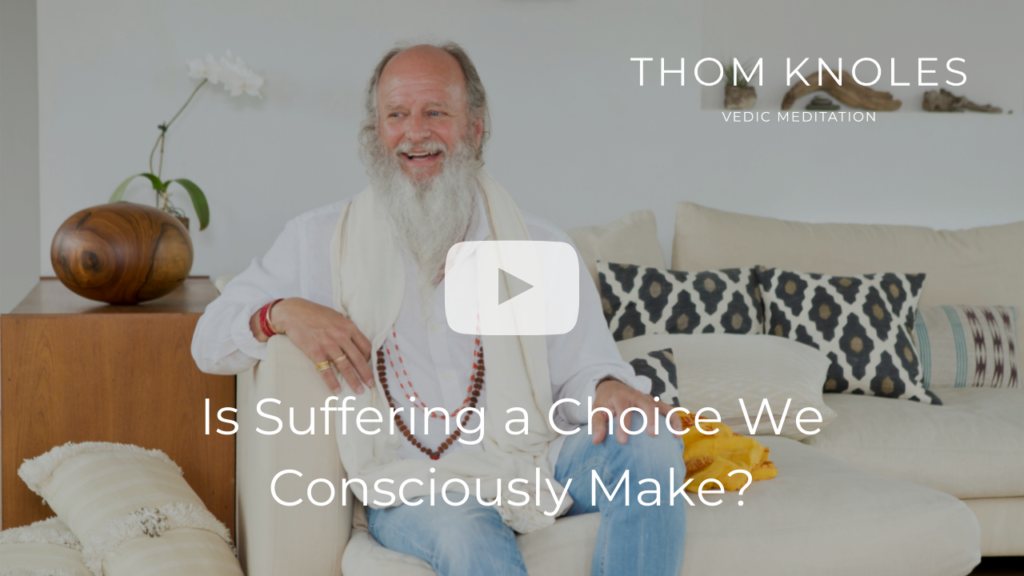Stress and suffering are intimately related. Suffering is the ever-present companion of stress; the two go hand in hand. However, one precedes the other. In other words, the extent to which the physiology is encumbered by stress is the extent to which we suffer. Here are 3 ways stress causes suffering in our lives:
1. STRESS CAUSES US TO LIVE IN THE PAST OR FUTURE – NOT IN THE PRESENT
Stress is stored as memories in the cells of the body. If those old memories accumulate without continual, systematic removal, we see repetitive, habitual, stress-driven behaviours and reactions that perhaps were relevant once upon a time, but have become obsolete in the here and now.
If not ruminating on the past, a body burdened by stress might well direct its attention toward worrying about the “what ifs” of the future. Stress causes us to seek quick fixes “out there”, external balms to soothe the anxiety that for so many, accompanies the unknown.
2. WHEN WE ARE STRESSED, WE INADVERTENTLY VIOLATE THE LAWS OF NATURE (AND SUFFER AS A RESULT)
When it comes to determining the most evolutionary action to take in any given moment, Nature is our best navigator. Nature indicates the way very simply. There are, for example, no clues to collect. Nor is there a code to crack, and there are no symbols to decipher. Nature simply makes the most evolutionary option feel more charming.
However, the removal of stress is essential to ensuring that we receive Nature’s cues clearly. Stress inhibits the senses from detecting information that’s available to us in the subtle. Like radio frequency interference, a stress-addled physiology will receive a garbled message. Distorted directions for instance, result in us inadvertently violating Natural Law. That is to say we thrash and fumble through life with friction.
3. STRESS LIMITS OUR USE OF 100% OF THE BRAIN’S ORGANIZING POWER
We don’t choose to underutilize our brain’s full potential, try as we might, we just can’t, it is quite literally unavailable to us. Stress is the impediment to us unlocking the brain’s maximum capacity to compute. It robs us of broad spectrum awareness, and sends us into spirals of recycled, repetitive, unoriginal thinking. Only once we begin unwinding, unknitting and releasing stress can we expect to experience efficiency in activity, accuracy in decision making, innovation in ideas, creativity in problem solving, and adaptability in the face of change.
What can we do about this cycle of stress that inhibits our full potential in these ways? We effortlessly release stress through a twice-daily practice of Vedic Meditation. When we address stress, we also address suffering.
In this video Thom answers the question, is suffering a choice? He expands on how stress release is key to:
- Liberating the mind from the prison of past and future thinking,
- Finding attunement with the laws of nature, and
- Harnessing more of the mind’s maximum potential
With the alleviation of stress, we simultaneously experience the spontaneous cessation of suffering. We can relax and enjoy, deferring with more and more confidence to the underlying, all-inclusive intelligence of the Universe.
Love and Jai Guru Deva

